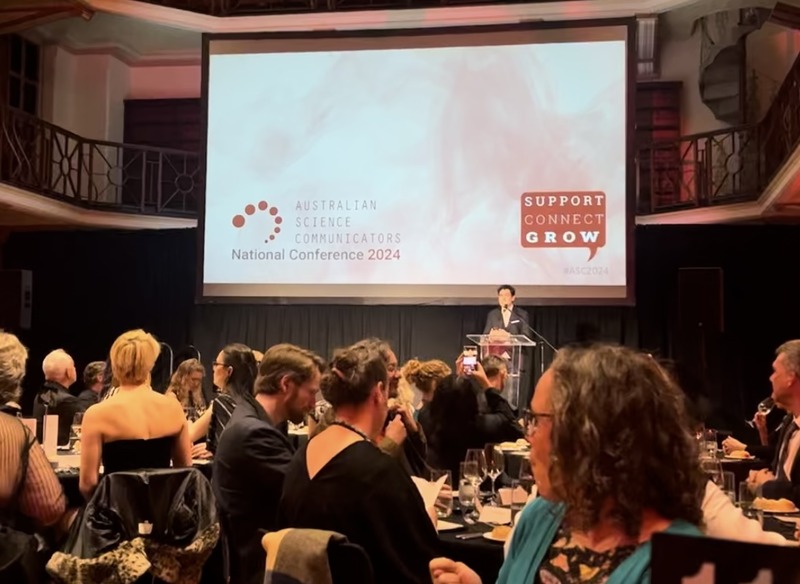
Simon and Cintya travelled to Perth for the 2024 Australia Science Communicators conference. Learn more about their talk ‘How to Move from Science to SciComm: 2 Journeys’ and their conference highlights.

Have you ever lost motivation in something because you’ve felt hopeless? In climate change communication, maintaining hope is crucial to encourage local action. Explore our tips on how to promote climate action through hope-driven and solution-based narratives.
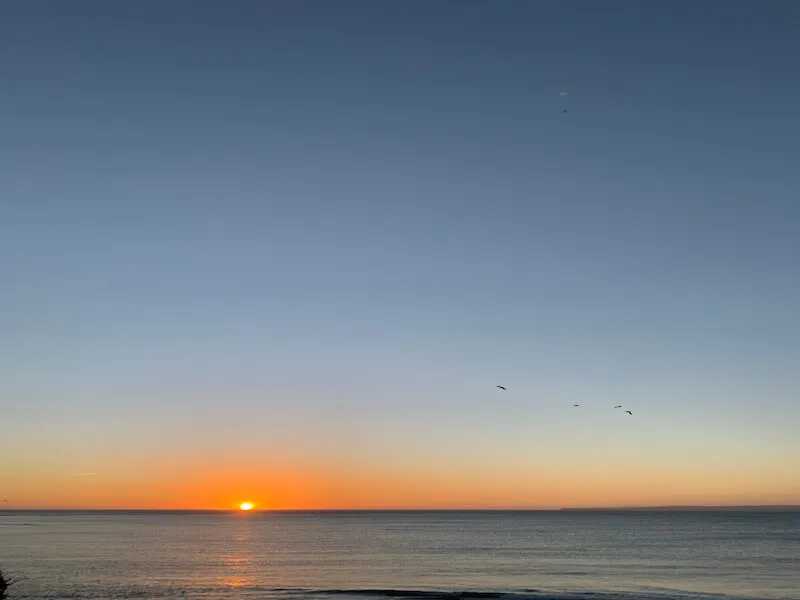
Scientell staff were upset and disappointed by the negative Indigenous Voice to Parliament result. But Australia’s rejection of the referendum doesn’t mean we will stop considering how to better engage with Fist Nations people.

If someone tells you something, use the information. Change your mind. Join those who use their voices, votes and choices to do something about climate change.

At Scientell, we support the Yes vote for an Indigenous Voice to Parliament. We believe that a constitutionally enshrined Indigenous Voice is a crucial step towards reconciliation, recognising the unique status and rights of First Nation’s people in Australia, and
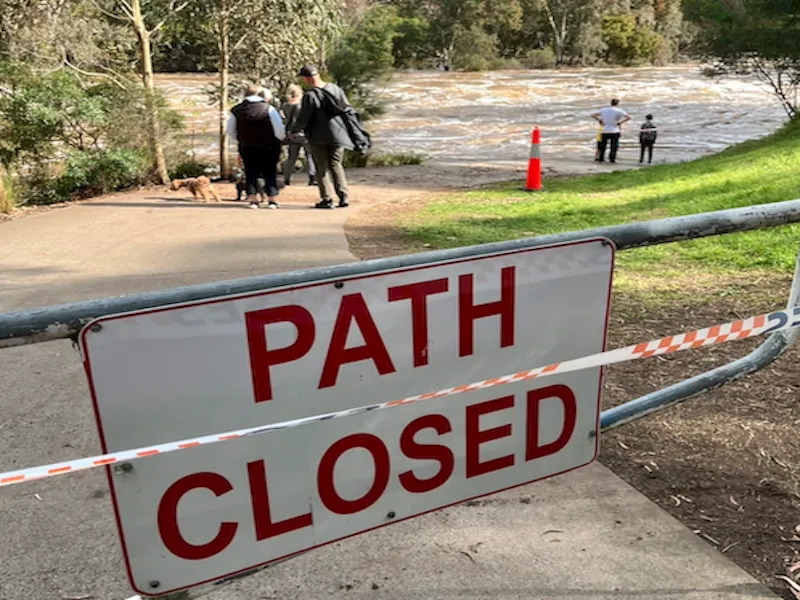
The last report in IPCC’s Sixth Assessment Report series has been released. It provides a final warning for action on climate change, but it won’t be the last word on climate change action.
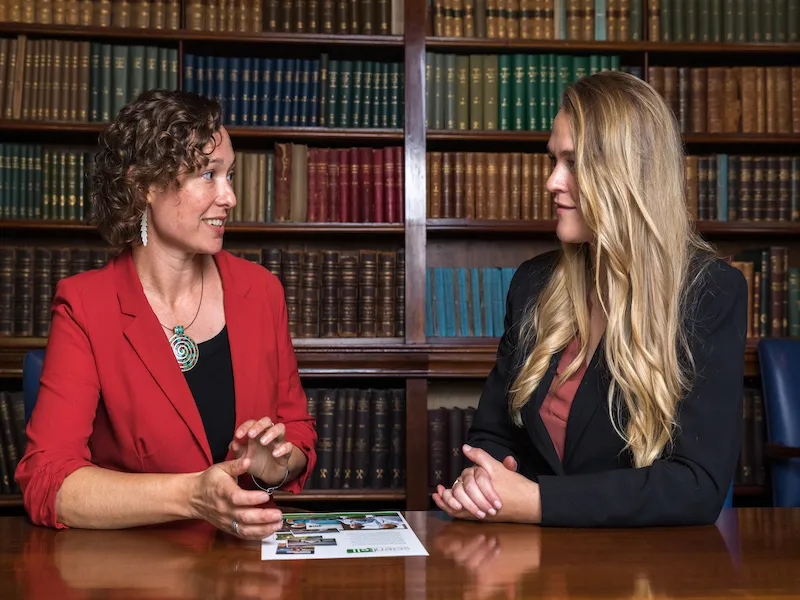
As women working as practitioners in science communication, we have observed gender trends and changes in the field. As an emerging field, we have the opportunity to shape how inclusive it continues to be.
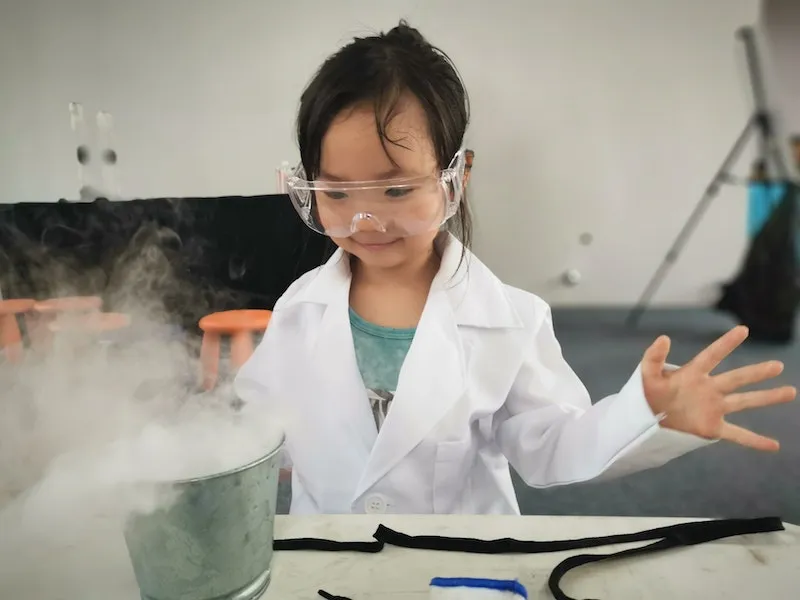
Science communication helps share stories about scientific research, results and achievements. It helps to make science meaningful to the community, businesses and government. But who should be communicating science? Is…
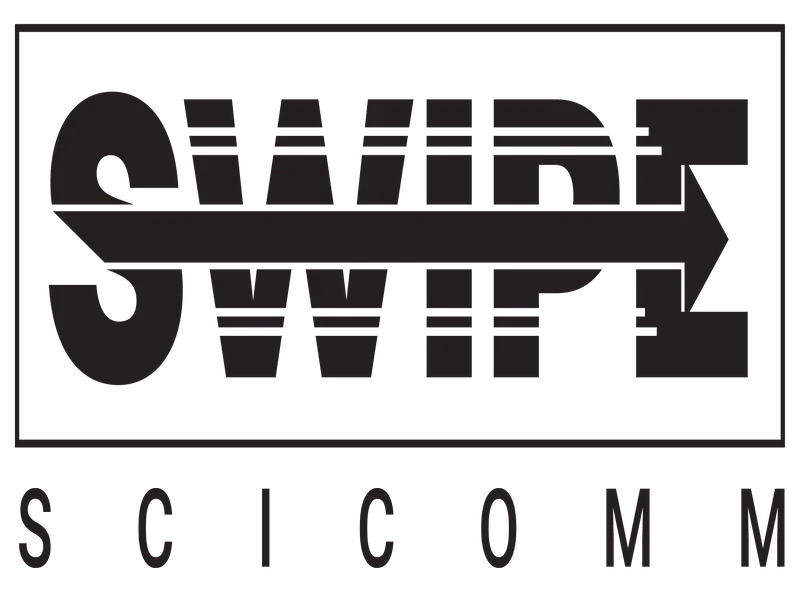
The world’s first science communication magazine was launched this month by our colleague Tullio Rossi, from Animate your Science. We recently met with Tullio over lunch to discuss how the magazine, SWIPE…
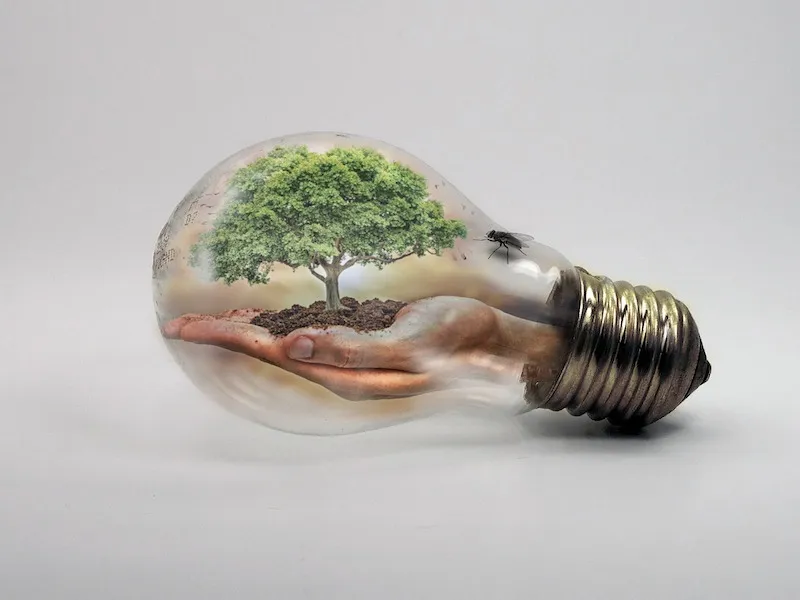
A hypothetical performance is a novel way to explore the complexities of an issue, helping panellists and audience members to think more deeply about the future.

A blog from our colleagues at Futurum Careers, a free online resource and magazine aimed at introducing high school students to the worldwide to the world of work in STEM ….

Grammar doesn’t have to be boring or difficult. A touch of humour can go a long way to help you remember tricky rules. Here are Scientell’s amusing top tips to getting grammar right!
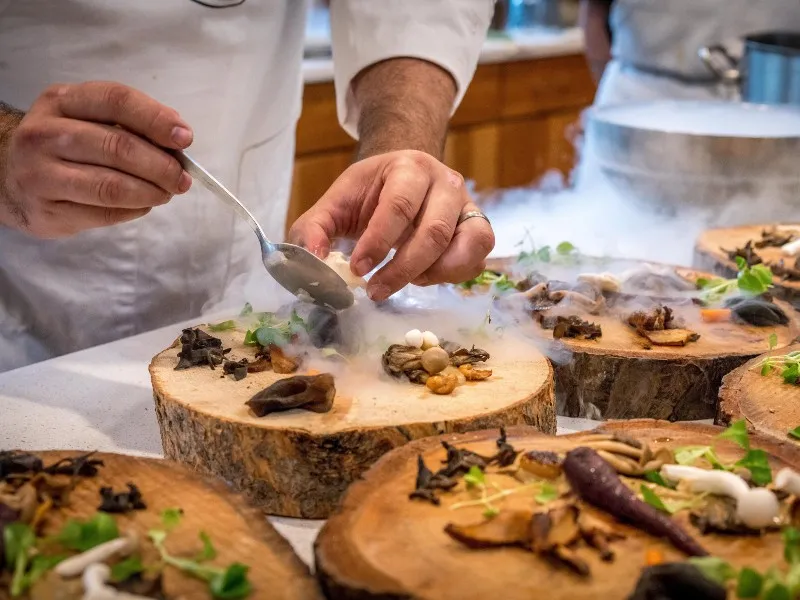
As lovers of both food and science, Scientell recently attended the ‘Future of Food and Nutrition’ lecture to hear about emerging trends in food science, nutrition and production. So what will food of the future look like?

Science communicators communicate regularly with researchers, decision-makers, industry representatives, young people and others. But what happens when science communicators get together to communicate with other science communicators? Scientell found out at the Australian Science Communicators 2021 Symposium.
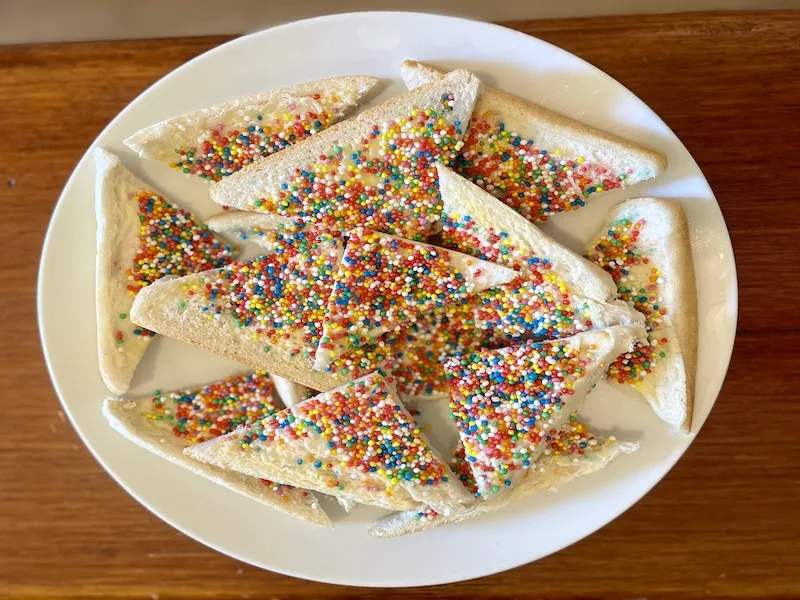
You may have wondered how scientists take the Earth’s temperature. You may not have wondered about the link between temperature, classic literature and fairy bread, but that’s what this blog is about.
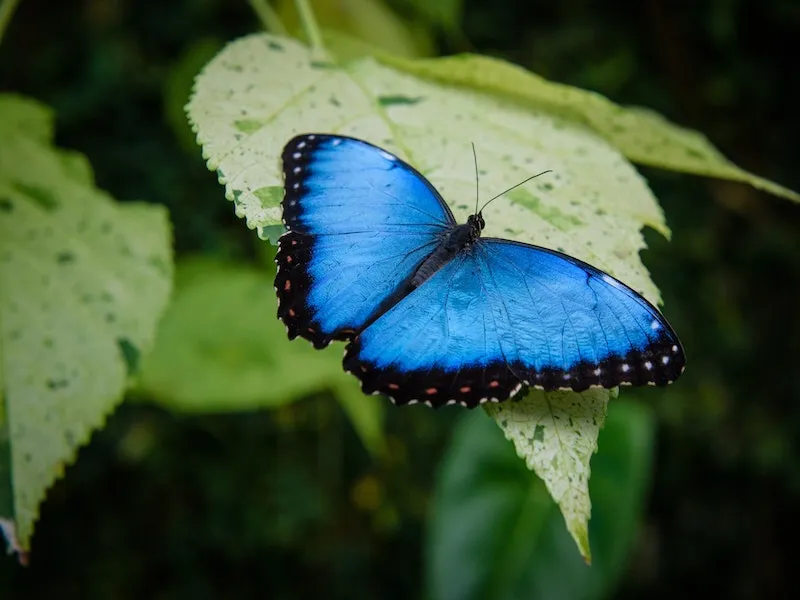
Did you know most of the ‘blue’ you see in nature isn’t really blue? Most things in nature get their colour from pigments. Pigments are substances that naturally absorb light….
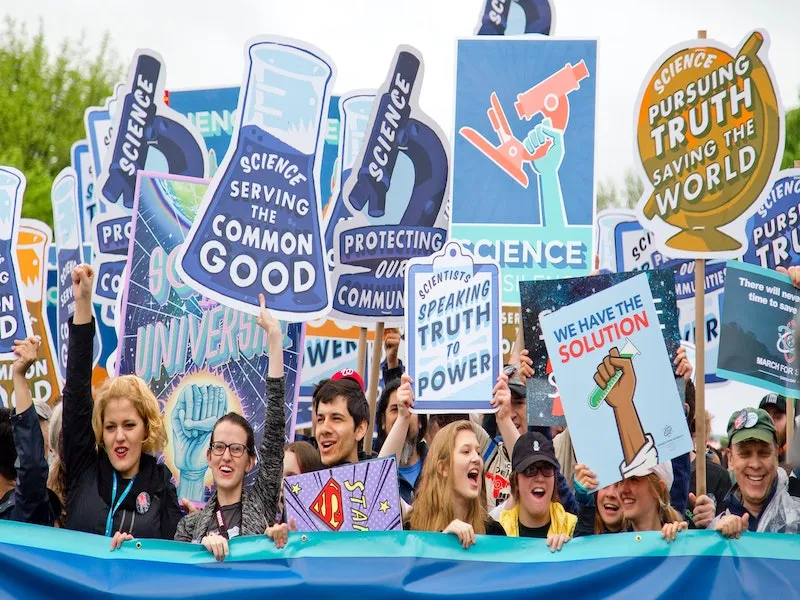
Encouraging our community to use science to solve problems with wide ranging impacts, such as climate change, is a key goal of science communication. These key science communication principles were discussed at a recent science communication panel session.

Social media continues to be a dominant news source for many, especially young people. Here are a few tips on maximising the impact of your science through social media from the experts.

Communication often involves a conversation, and sometimes those conversations are difficult. Back when I worked at CSIRO, I was fortunate that conversations were usually easy, but I did do a…
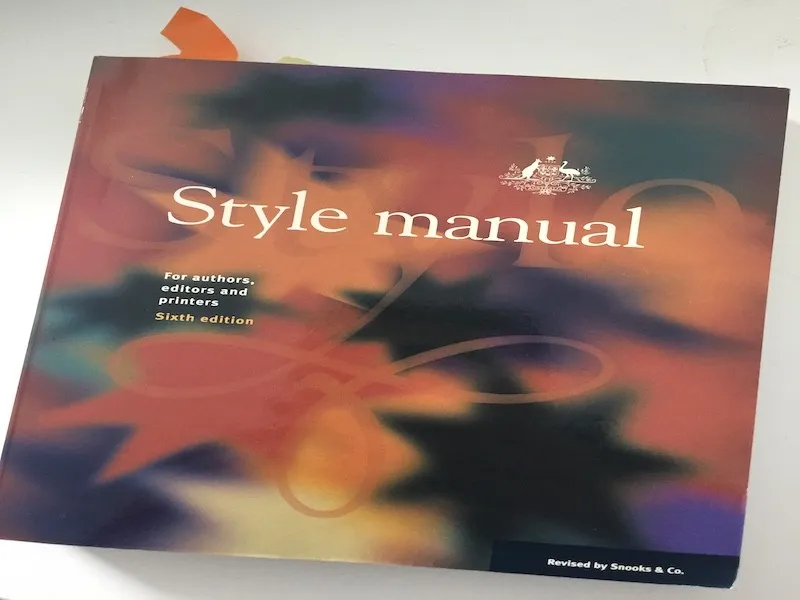
Well, the Australian Government certainly has a style manual. If you need to know when to use an en dash or a hyphen, whether to add semicolons after bullet points, and…
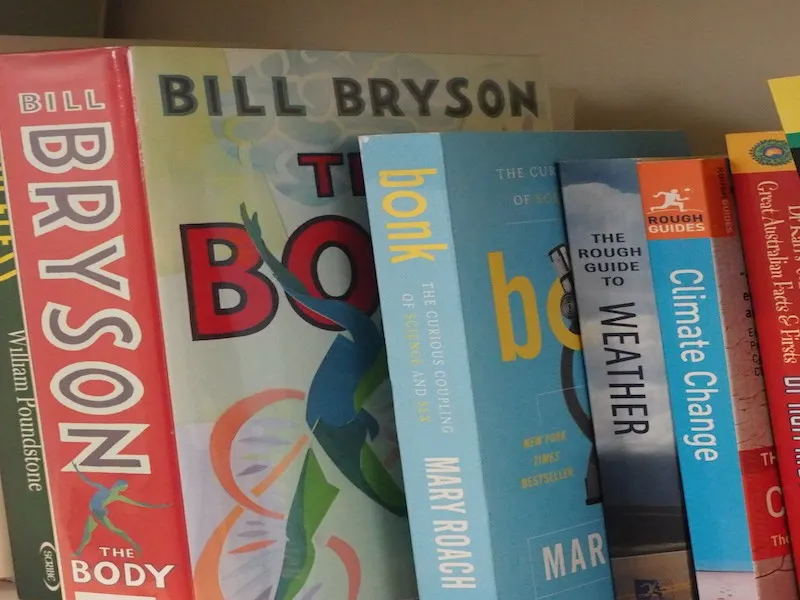
Science and technology lie at the heart of so much that is good about modern life. As researchers rush to create a COVID-19 vaccine, let’s begin with a chillingly prescient…
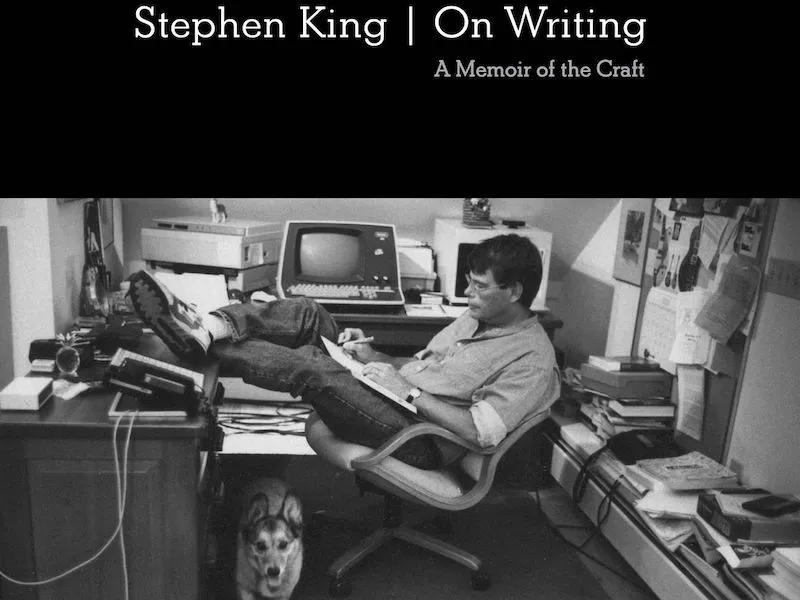
Despite being written 20 years ago, Stephen King’s book, ‘On writing: A memoir of the craft’, is an entertaining read and a great source of information. Someone who has sold…
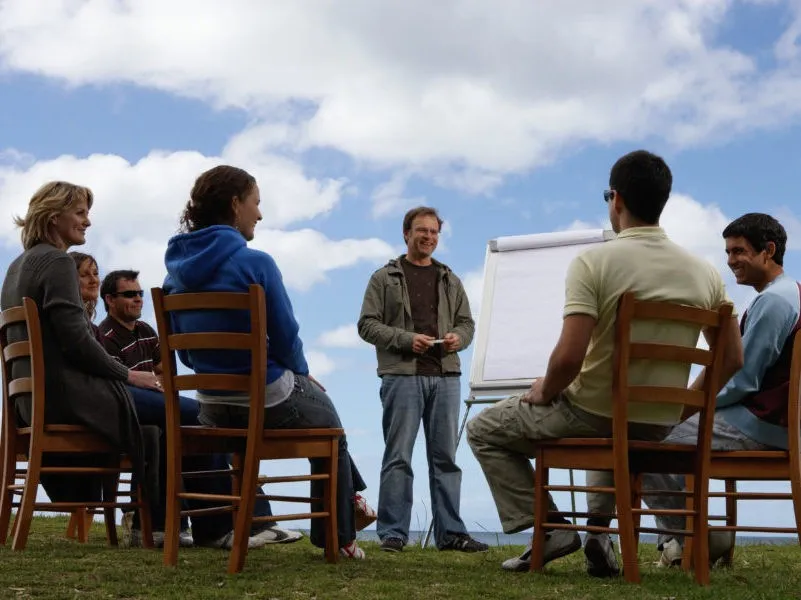
I recently completed a training course on how to engage communities, and you’d be surprised how a bit of structure in a discussion can help motivate people to take positive…

Scientell is a science and environment communication business. We take complex, often technical information and present it in a compelling way for audiences such as policy makers. The product could…
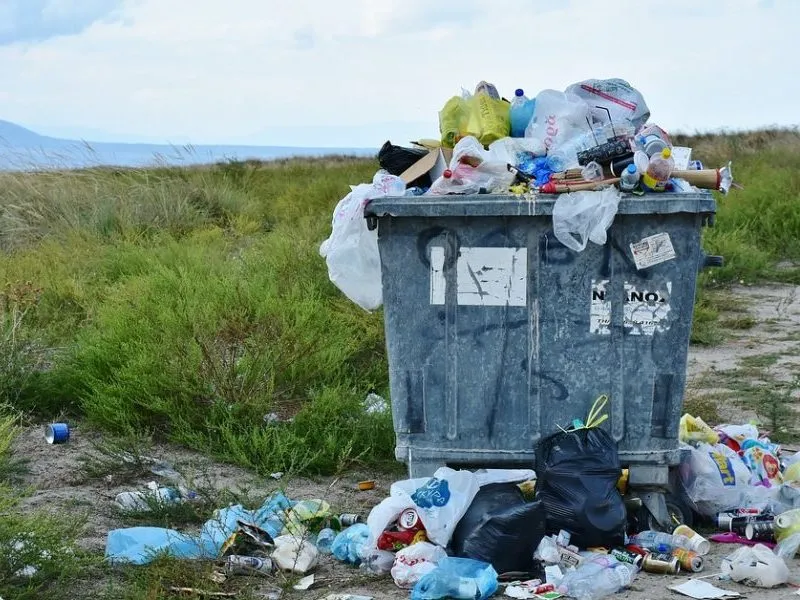
I’m a baby boomer. I grew up in the ‘60s. I remember the early morning clip-clop of the milkman’s horse. Each night my mum would leave out two or three…
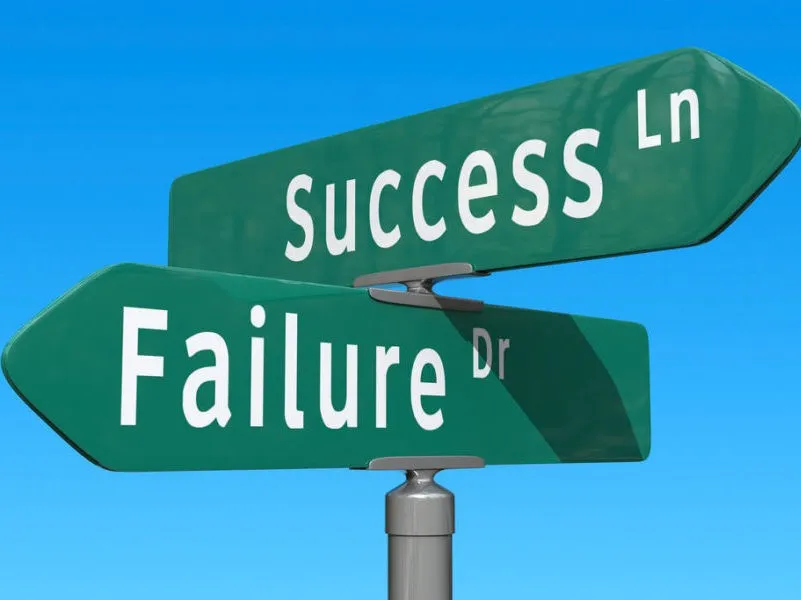
As part of a major national project on innovation, Scientell has examined the contribution that learning from error and failure can make to innovation and progress. This is part of…
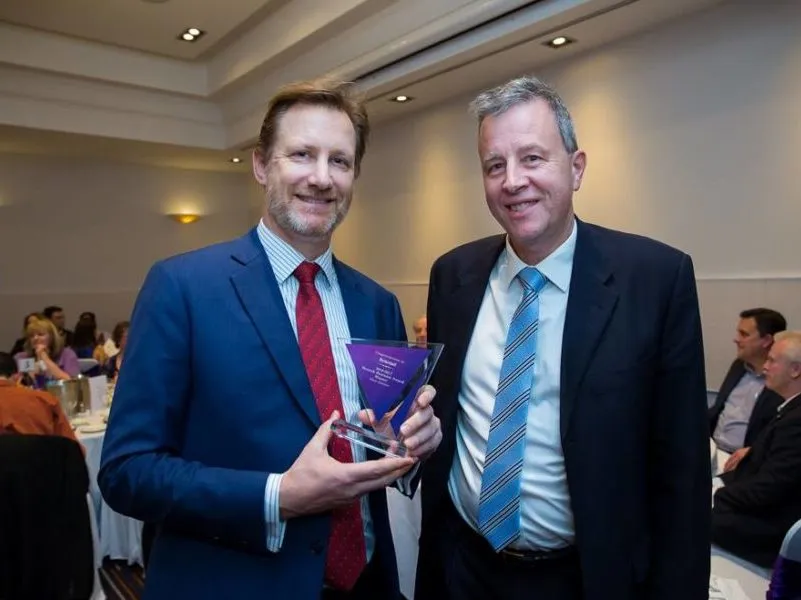
Recently our company Scientell won the 2016–17 Monash Business Award in the Micro Business category. My co-Director, Simon Torok, said in his acceptance speech in front of a packed ballroom,…

Ten years ago I saw the Al Gore film, An Inconvenient Truth. Driving home from the cinema that night, I passed a car with its headlights off – and flashed…

The US is withdrawing from the Paris climate accord, but there are reassuring signs of action at a sub-nation scale. At the opening of the Ecocity World Summit being held in…

Climate change could have far‐reaching consequences for human health across the 21st century. But there is at least some good news on how health systems are adapting. ‘It doesn’t take…

When I was young, my parents always told me that if I wanted to buy something, I should save my money and pay for it outright. ‘Buy, don’t rent’, was…
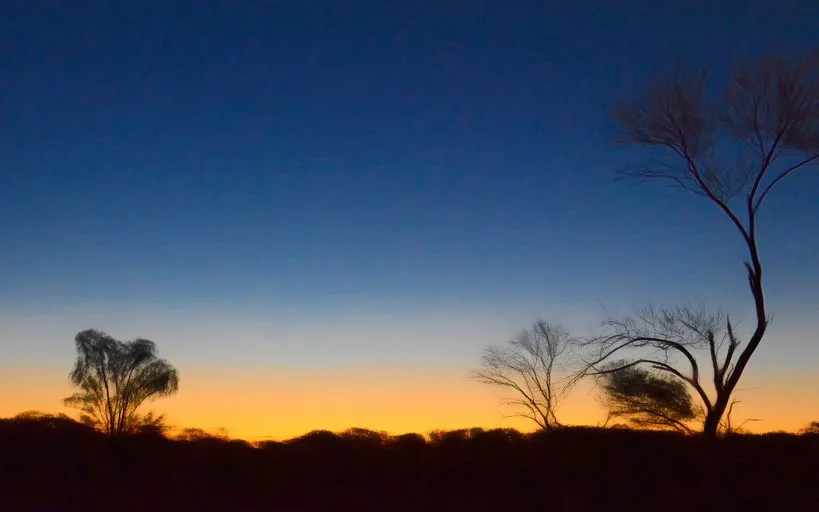
Australia has no better science writer than Julian Cribb. He is knowledgeable, extraordinarily well informed and superbly adept at presenting accurate, fascinating information in a way that just begs to…
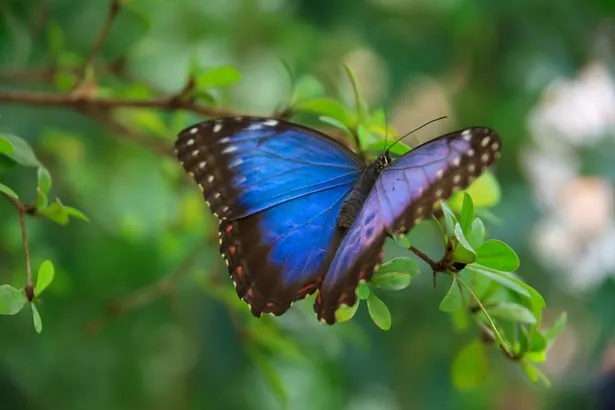
Climate change impacts on the natural world are accelerating rapidly. ‘Many plants and animals are proving to be highly sensitive to the changes in climate we have experienced over the…

Scientell is working with the Australian Council of Learned Academies (ACOLA) to synthesise a wealth of information into a book on securing Australia’s future. As part of this, we have…

Australians are great inventors. We have a history of ideas and thinking up new ways of doing things. Perhaps our inventiveness comes from the fact we have unique problems. Or…

When a coastal town faces increased flooding, what comes next must come from the community. The most important thing for Councils when planning adaptation to climate change is to identify…

This blog is competing for your attention with more than 152 million others. Nearly 173,000 blogs are added to the Internet ever day. There are now four more than when…

This article was first published on the Flying Solo web site, a site for small business. In 2014, after 25 years at CSIRO, I established my own science communication business. Now, some…

The ocean covers 71 per cent of the Earth’s surface and contains almost 97 per cent of the planet’s water. But only 2.5 per cent of Earth’s water is freshwater,…
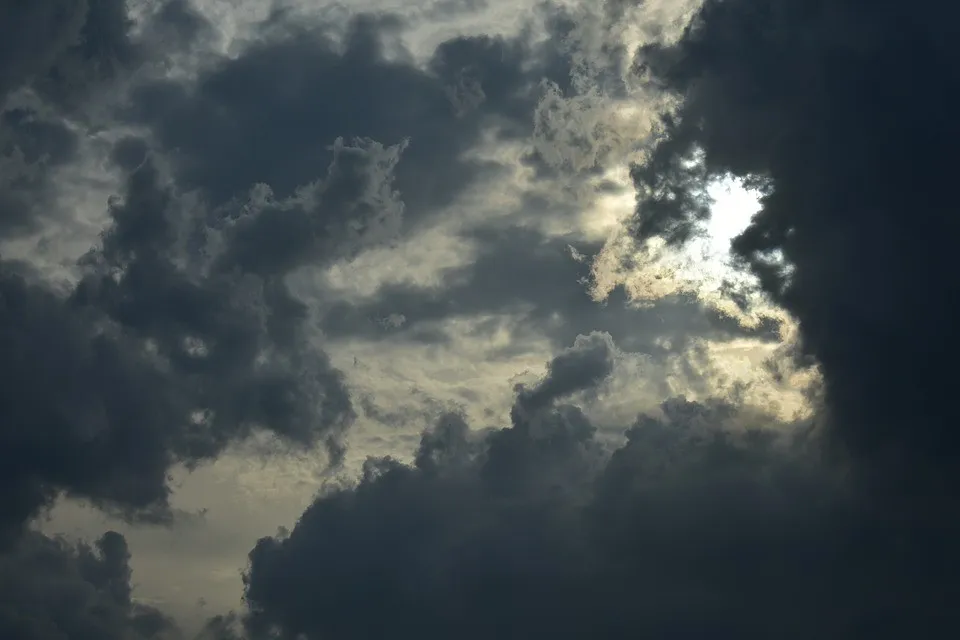
With hundreds of climate scientists meeting in Melbourne this week for the Australian Meteorological and Oceanographic Society conference, it is worth reflecting that climate research owes a great debt to voluntary…
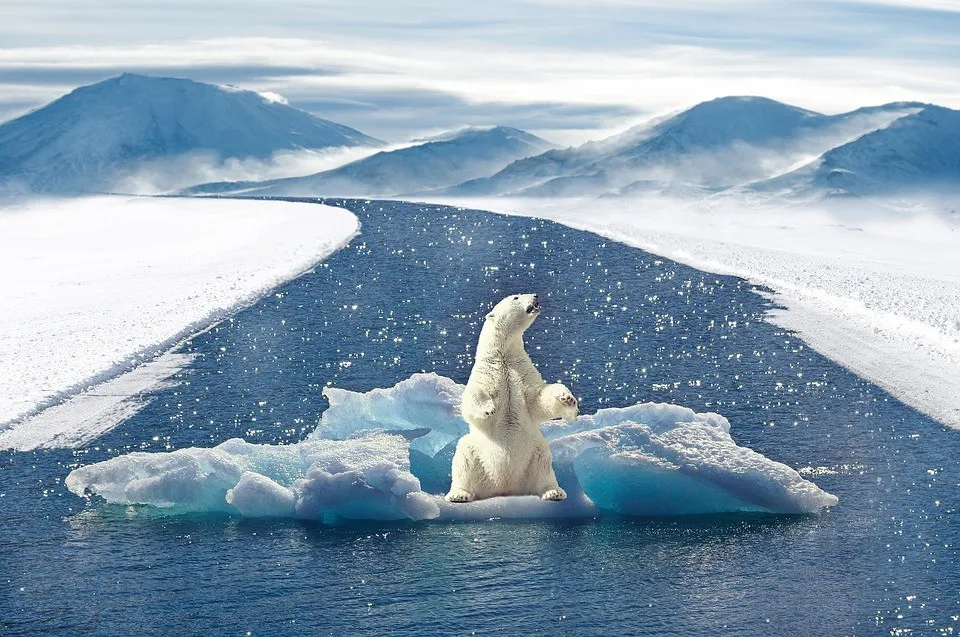
Cli-fi, or climate fiction, also known as Eco-fiction, is a relatively new genre of literature that sets narratives in an often dystopian world affected by climate change. I love it…

Science organisations want to explain their work to increase impact and use of results. Scientists know that science is important and would like others to feel the same. They also…